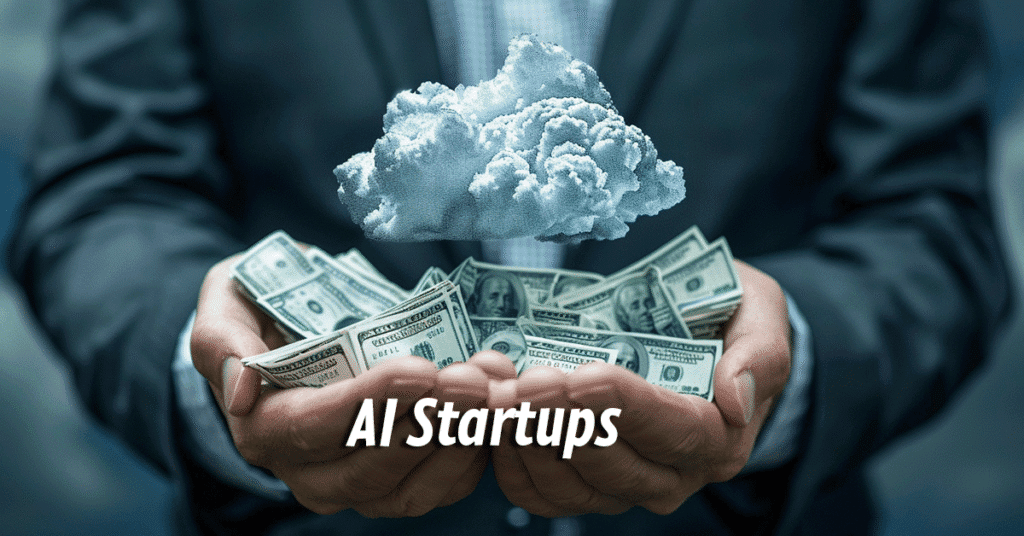AI is one of the fastest-growing industries in tech. Startups around the world are building incredible tools — from smart chatbots to advanced machine learning platforms. But while innovation moves fast, the law doesn’t always keep up. (Legal Risks Facing AI Startups)
If you’re part of an AI startup, you’re probably focused on growth, funding, and product development. But legal risks? They can sneak up quickly — and cost you more than just money.
Let’s break down the top 10 legal challenges AI startups are facing in 2025, and how you can stay one step ahead. 🚀
1. Data Privacy Laws (GDPR, CCPA, and more) 🛡️
Data is fuel for AI — but collecting, storing, and processing it comes with rules. Regulations like GDPR (Europe) and CCPA (California) demand:
- Explicit user consent 📝
- Transparent data practices 📢
- The right to be forgotten 🧹
Mess this up, and you could face huge fines. If you’re not sure how to handle personal data, check out our GDPR guide for AI businesses 🔗
2. Intellectual Property (IP) Ownership 📄💡
Who owns the data? What about the algorithm? Or the output your AI generates?
Startups often use open-source libraries, third-party datasets, or freelance developers. That’s fine — until someone claims your tech infringes their IP.
💬 Tip: Always use clear IP agreements with developers, and make sure your data licenses are airtight.
3. Bias and Discrimination in AI 🚫⚖️
AI isn’t neutral. If your training data includes bias — your model will reflect it. And in sectors like hiring, healthcare, or lending, that could lead to discrimination lawsuits.
Regulators are watching. In some countries, AI bias is already a legal offense.
So, test your systems for bias early. Stay ethical, stay legal. ✅
4. Liability for AI Decisions 📉🤖
If your AI tool makes a bad call — who’s responsible?
Say your software misdiagnoses a patient, or denies someone a loan. Even if it’s the algorithm’s fault, the liability often falls on you — the developer or the startup.
There’s no universal answer yet. But having human oversight and clear disclaimers can reduce your risk.
5. Algorithm Transparency Requirements 🔍
More governments are introducing laws that demand AI transparency. That means:
- Explaining how your algorithm works
- Showing how decisions are made
- Offering appeal processes
If your AI impacts people’s rights, jobs, or finances — you’ll likely need to comply.
👉 Want to learn about explainable AI? Visit alltechfinder.online for more guides.
6. Cross-Border Data Transfers 🌐🔒
Many AI tools process data from users all over the world. But sending that data across borders — especially to or from the EU — can trigger legal issues.
You might need:
- Standard Contractual Clauses (SCCs)
- User consent for data transfers
- Local data storage in some countries
Ignoring this? That’s how you get banned or fined.
7. Employment and Automation Laws 🤝📉
AI startups building automation tools (like bots that replace human jobs) can trigger legal pushback. In some countries, laws now require:
- Worker retraining programs
- Notice periods before job displacement
- Ethical reviews of automation systems
Be ready to show how your tech helps — not just replaces — human workers.
8. AI-Powered Surveillance and Ethics 🕵️♂️🧠
Facial recognition, behavior tracking, and emotion analysis can be powerful — but they’re legally risky.
Governments are cracking down on AI surveillance tools, especially if used without consent.
Even if your tech is legal, it may not be ethical. And that can kill trust, users, and funding.
9. Regulatory Uncertainty and Legal Grey Zones 🌀
One of the biggest headaches for AI startups? The law is still catching up.
In some areas, there are no clear regulations yet — and that’s a double-edged sword:
- It gives you freedom to innovate
- But it also means sudden changes can blindside your business
That’s why it’s smart to follow legal trends. Subscribe to tech law updates at alltechfinder.online to stay safe.
10. Contractual Risks with Clients & Vendors 🧾🔗
Working with enterprise clients? Selling AI as a service (AIaaS)? Make sure your contracts cover:
- Data ownership
- Performance guarantees
- Liability and dispute resolution
- IP protections
Without solid contracts, you’re just one bad client away from a major lawsuit.
Final Thoughts: Don’t Let Legal Risks Kill Your AI Dream ⚠️🚀
AI startups are changing the world — but they’re also walking a legal tightrope.
The good news? You don’t need to be a lawyer. You just need to:
- Know the risks
- Get expert advice
- Build responsibly from the start
Whether you’re building a chatbot, predictive model, or deep learning tool, staying compliant is the key to scaling safely.
Need help navigating the AI legal landscape? Visit alltechfinder.online for tips, tools, and real-world guides — made for startups like yours. 🌍📚
FAQs About AI Legal Challenges 💬
Q: Can I use public data to train my AI model?
A: Only if it’s not protected by copyright or privacy laws. Always check data licenses!
Q: Do I need a data protection officer (DPO)?
A: If you process a large volume of sensitive data in the EU — yes, it’s required under GDPR.
Q: Is open-source AI always safe to use?
A: Not necessarily. Review licenses carefully — some restrict commercial use.
